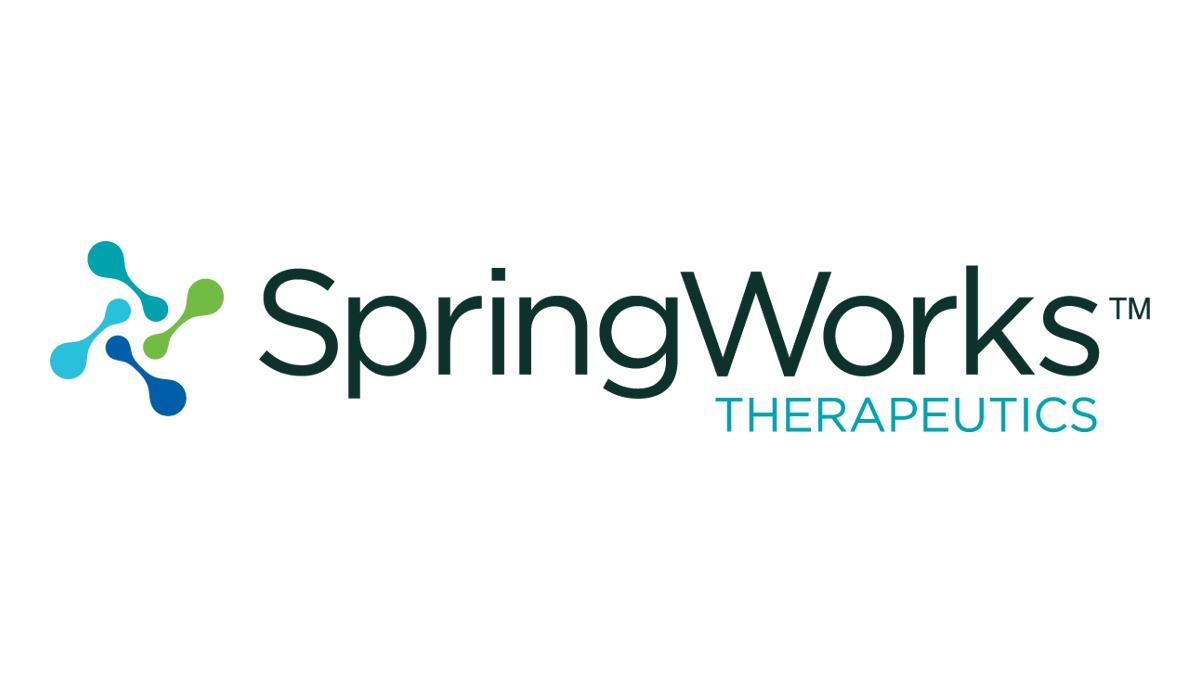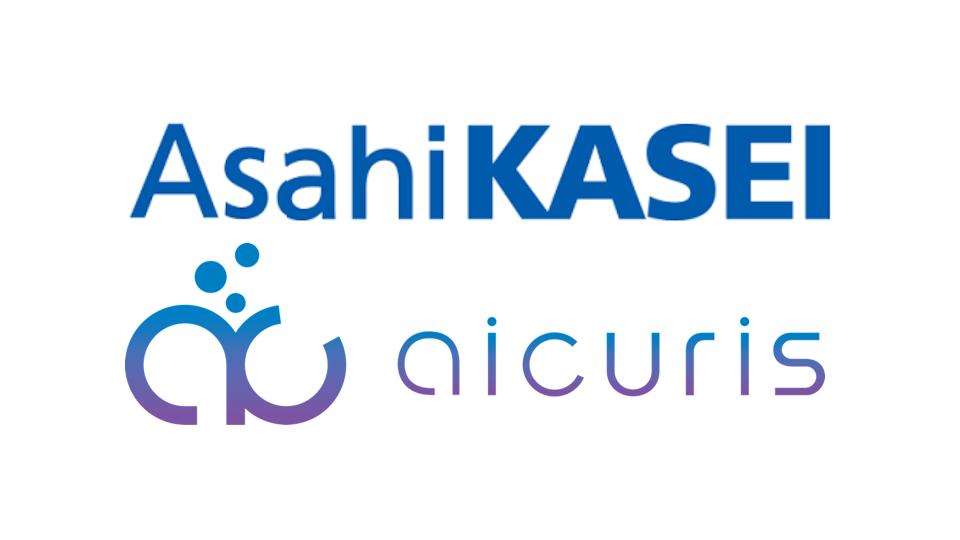Merck confirms its interest in buying SpringWorks

German chemical and pharma group Merck KGaA has acknowledged that it is in talks to buy US biotech SpringWorks, but cautioned there is no guarantee a deal will be forthcoming.
Merck said in a brief statement that discussions are "advanced" but noted that "critical conditions have yet to be met" before an acquisition can be agreed. So far, SpringWorks – which was spun out of Pfizer in 2017 and develops drugs for cancer and rare diseases – has yet to issue its own statement on the matter.
If a deal is reached, it will help shore up Merck's product pipeline at a time when it has suffered some R&D disappointments, including for much-touted head and neck cancer candidate xevinapant, which was abandoned after it failed a phase 3 trial last year, and multiple sclerosis therapy evobrutinib, which was dropped at the end of 2023.
The German group acknowledged at an R&D update in that year that it had a pressing need to bolster its pipeline, particularly through external 'bolt-on' partnership deals, and get drugs through development and onto the market more quickly. It set a target of launching a new product every 18 months.
SpringWorks already has one product on the market – Ogsiveo (nirogacestat) – which is the first FDA-approved therapy for desmoid tumours, a rare type of non-malignant tumour that can aggressively invade neighbouring tissues and cause pain, disfigurement, and mobility problems.
Ogsiveo made sales of $172 million last year, even though desmoid tumours affect just a few thousand patients in the US, and SpringWorks ended 2024 with around $462 million in its cash reserves. It is hoping to launch the drug in Europe this year and is also developing it for follow-up indications, including ovarian granulosa cell tumours and multiple myeloma.
Analysts at Goldman Sachs have tipped the drug as having the potential to bring in revenues of more than $800 million at its peak.
Coming after Ogsiveo at SprongWorks is Gomekli (mirdametinib), an oral small molecule designed to inhibit MEK1 and MEK2 proteins, which has been submitted for FDA approval as a treatment for tumours caused by the genetic disease neurofibromatosis type 1 (NF1) with a verdict due by the end of this month.
Mirdametinib has also been filed for the same indication in Europe, with decisions expected around the middle of 2025, and SpringWorks has pledged to set up a European headquarters in the coming months in anticipation of its first ex-US launch, which is slated to take place in Germany.
The drug is also in phase 2 for paediatric low-grade gliomas and phase 1 for NRAS-mutant solid tumours.












